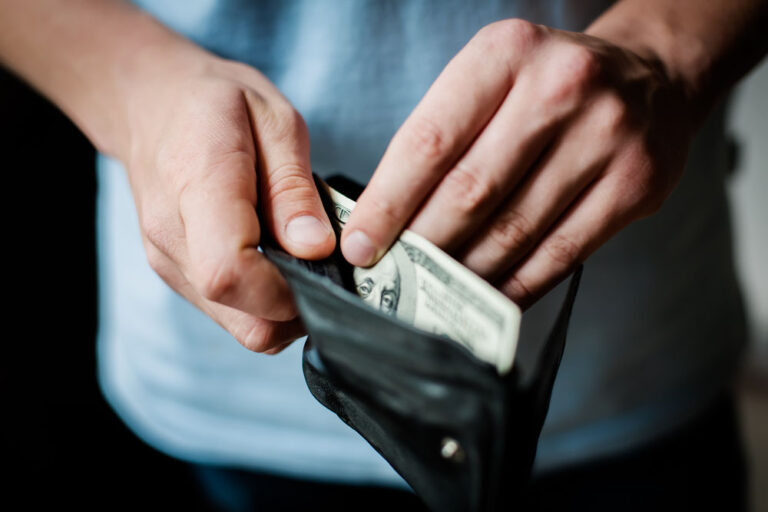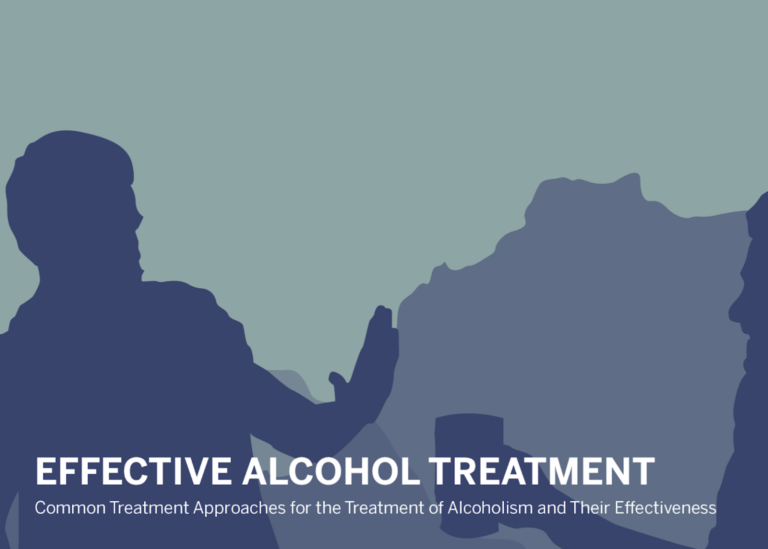Dopamine and the Susceptibility of Men to Alcoholism
In the United States, the rate of alcoholism among men is more than twice the rate of alcoholism among women. Research conducted jointly by Columbia and Yale Universities has shown that there may be a physiological explanation for this. Studies showed that when men consume alcohol, the brain responds more drastically than it does in women in how much dopamine it releases. Depending upon how reactive one is to dopamine, this can trigger abusive behavior with alcohol.
Dopamine is a chemical that the human brain releases in response to pleasurable stimulation. The more dopamine is released, the more positive one will feel. So if one is particularly reactive to the effects of dopamine, the more alcohol that is consumed, the better one will feel.
However, the study also yielded the ominous finding that the more heavy drinking episodes occur, the lower the release in dopamine became. Thus, participants in the study found that they needed to consume more and more alcohol in order to achieve the same desired, pleasurable result.
This is a reflection of the ratio of male alcoholics to female alcoholics. The more dopamine that is released, the more elated one feels. So, based on pure brain chemistry, men appear to be “getting more” out of drinking – and eventually heavy drinking – than women.
In her book “Quiet: The Power of Introverts In A World That Can’t Stop Talking”, author Susan Cain writes that there are certain people (in her book segmented by personality types rather than gender) who are found to have greater, more intense reactions to the effects of dopamine. This would explain why not every man who experiences that greater rush from its release will pursue that feeling in extreme towards alcoholism, just as well as it may explain why certain women may be susceptible to it even though they aren’t ostensibly getting “as much” from the experience chemically.
A more recent study conducted in August 2013 by McGill University would seem to further validate the findings of the Columbia/Yale researchers. The research showed that subjects found to be at high-risk for alcoholism showed a greater release of dopamine in a specific arena of the brain that responds to rewards and otherwise craves them. This also ties into Cain’s conclusions in her book that people who are more reactive to the effects of dopamine in the pleasure centers of the brain are more likely to be motivated by rewards than others who are not. If the reward from alcohol consumption is a good feeling, then it might be chased in the extreme, and that extreme may unfortunately be the development of a problem with alcohol.
It is important to note that there is no one trigger towards alcoholism in men. Different social and environmental factors can play significant roles in ways that brain chemistry can then exacerbate. But knowing that there is a potential true trigger in the brain that causes some people to start down a path that ends in alcoholism can be important when developing preventive therapeutic treatments in order to help guard against relapse. And while it does not provide a blameless blanket excuse, this understanding can help those guiding men in recovery to understand themselves that their motivation may be as much about how there are wired as it is how they have consciously behaved.
If you or a loved one needs help with alcohol detoxification, please contact Shadow Mountain Recovery Centers at 505-657-2117









